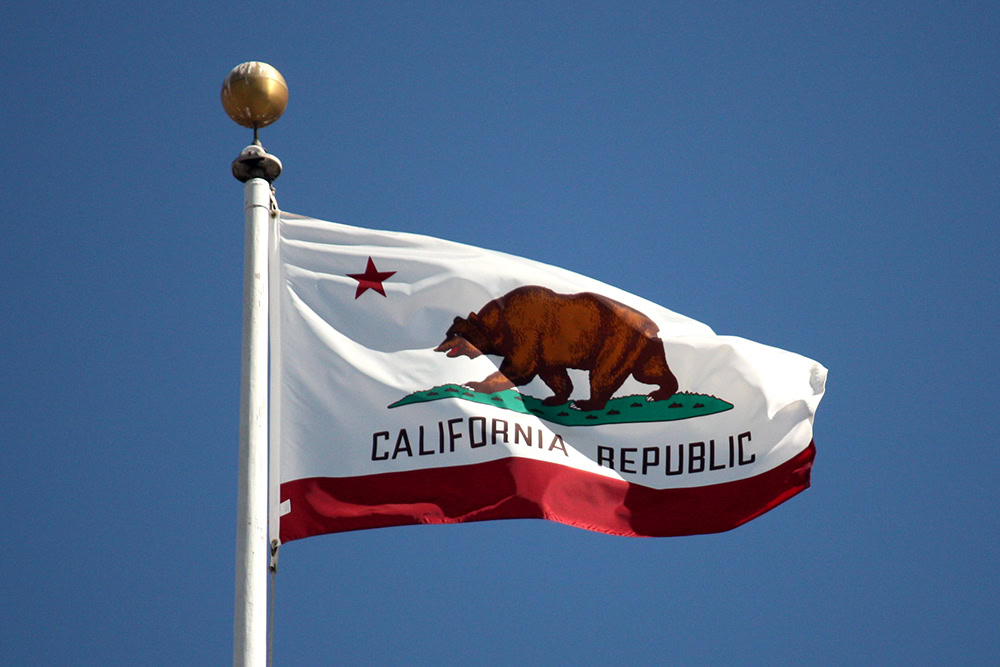Affiliate links on Android Authority may earn us a commission. Learn more.
California could tax text messages (Update: Vote canceled, no tax for now)

Update, December 17, 2018 (09:45 AM ET): California planned to vote in January on the “text tax” detailed below, but now it looks like the vote is canceled. According to ABC 7 News, an FCC ruling blocked the vote.
The FCC ruled that text messages are an information service, not a telecommunications service. Therefore, texting cannot be taxed like landline service is in California.
For now, it looks like Californians are safe from getting taxed for text messages, although the state could try to push this through again at a later date.
Original Article, December 13, 2108 (12:36 PM ET): Most of us in the United States have unlimited texting on our mobile phone plans, allowing us to send as many as we like with little regard. However, if a new California bill gets passed in 2019, each and every text message Californians send could be taxed, via USA Today.
The tax bill is partially aimed at filling in gaps in California tax revenue related to landline phones. Each year, California makes billions from landline phone taxes — but since fewer and fewer people use landline phones, that revenue is drying up fast, and this new text message bill could help make up the difference.
In 2011, California made about $16.5 billion from landline taxes, while in 2017, the state only made $11.3 billion from the same revenue source.

Meanwhile, the amount of money the state spends on subsidizing phone service for poorer residents in the state is increasing fairly quickly. In 2011, California spent $670 million on phone service subsidies, while in 2017 the state spent nearly $1 billion.
The subsidies are related to the Public Purpose Programs, which identify certain telecommunications services as being “universal,” and thus necessary for all residents to have the ability to easily access. If California can identify text messaging as part of the Public Purpose Program, the state would earn tax revenue from “normal” users to then subsidize those who are less fortunate.
Predictably, the telecommunications industry opposes the bill, saying that it is “illogical, anticompetitive, and harmful to consumers.” Industry reps point to non-texting services — such as Facebook Messenger, WhatsApp, Instagram, etc. — as being platforms which handle the lion’s share of messaging nowadays. Since these services would not be taxed under this legislation, the carriers would be put at a significant disadvantage.
After all, if every text message you sent cost you money, why would you ever send a text message?
The proposal will not see a vote this year but is on the docket for early 2019.